I AM fortunate enough to have an adopted child in our extended family. However, it is certainly one of the most unusual adoptions in Australian history.

Through advertising in a magazine they made contact with a couple who had created little Zoe through IVF but were uncertain about bringing her into the world, and certainly didn’t want to take away her life. The couple therefore were happy to donate Zoe, and my sister-in-law has recently become her very happy birth mother.
Due to the rise in IVF treatment, there are now thousands of babies at the embryo stage of life who are, to use the unfortunate term, “left over”.
Now, I have serious misgivings about some IVF treatment which treats children as commodities or property, especially when more embryos are created than parents are willing or able to care for.
However, sometimes these negative situations can provide an opportunity for immense good, as in Zoe’s case (whose name coincidentally means “life”). Not only has she now been given the security of a loving family, but also has avoided the potential trauma and feeling of rejection that many adopted children have to face.
This story is in no way meant to diminish the great need for legislative change in regard to children already in the world who need a stable mother and father.
Late last year there was attention drawn to the extremely low rates of adoption in the ACT, especially when compared to the number of children in out-of-home care.
In 2012, there were 566 ACT children in foster care situations, and only five adoptions. This is one of the worst rates in the country.
From those I am aware of who seek adoption, either for couples wanting to adopt or for unexpected pregnancies, they find it extremely difficult with so many hoops to jump through that it acts as a deterrent. This is particularly tragic in cases where young women feel like there is no choice but abortion.
Making this process easier and providing more resources for local adoption is an obvious and politically advantageous move, and will certainly provide more support for children who would otherwise have higher rates of mental health issues and incarceration.
Whatever way someone considers adopting, it truly is the greatest gift we can give to a child.
More information about embryo adoption can be found at embryodonation.org.au
Nick Jensen is a director of the ACT Australian Christian Lobby
Who can be trusted?
In a world of spin and confusion, there’s never been a more important time to support independent journalism in Canberra.
If you trust our work online and want to enforce the power of independent voices, I invite you to make a small contribution.
Every dollar of support is invested back into our journalism to help keep citynews.com.au strong and free.
Thank you,
Ian Meikle, editor

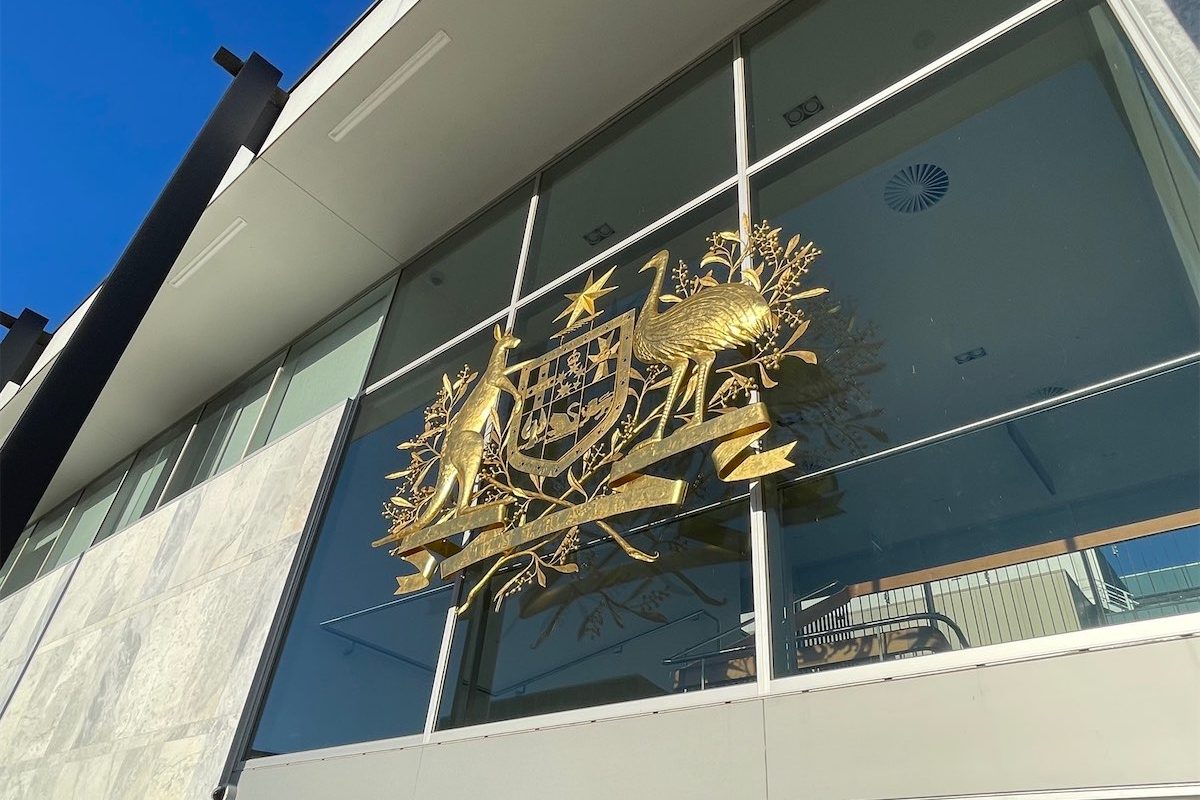
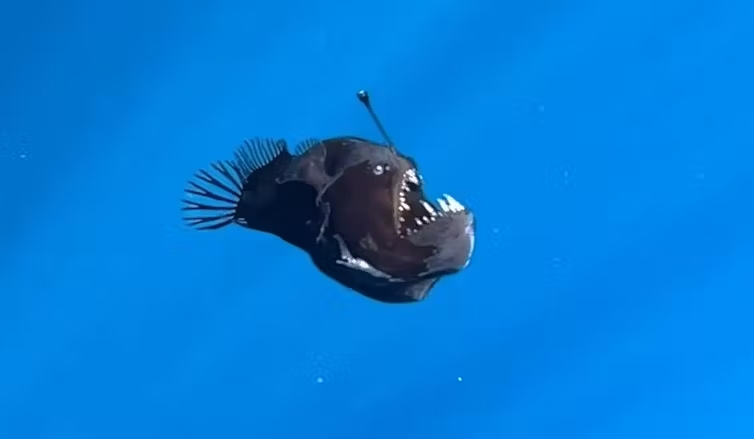


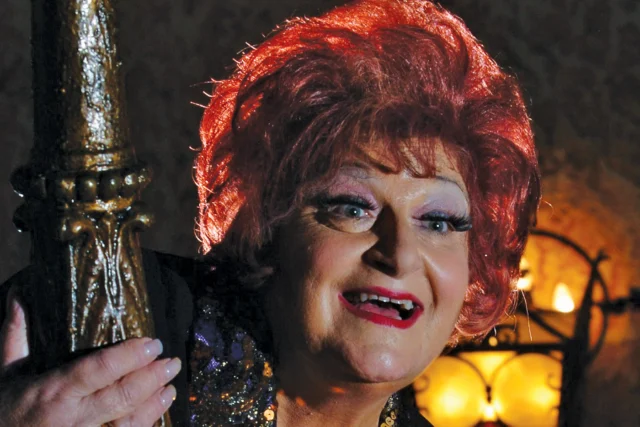
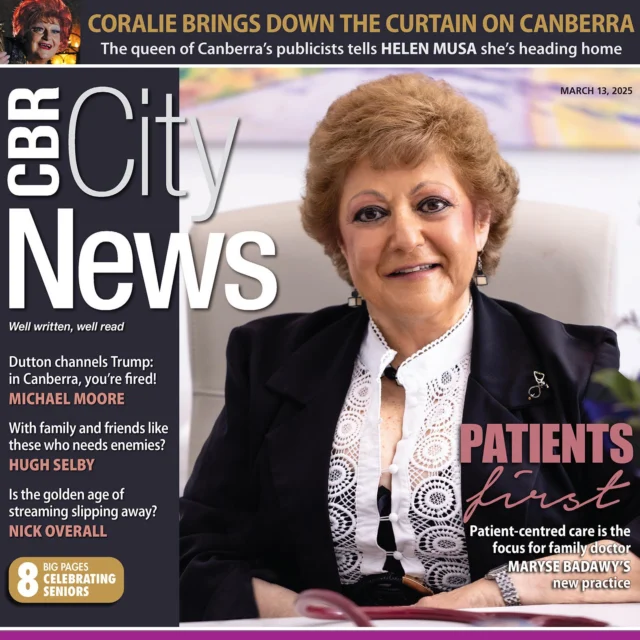
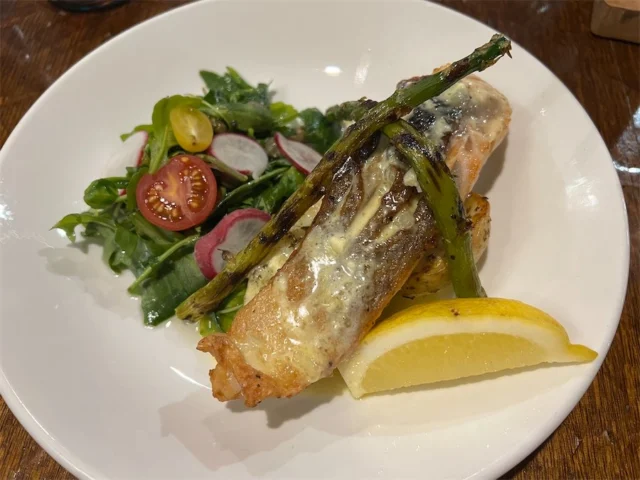
Leave a Reply